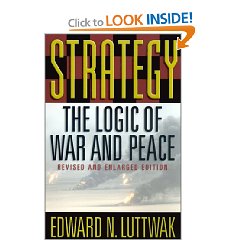Researcher Berto Jongman recommends 6 monographs, 5 articles, 3 books.
EDIT of 24 Nov 09: 6 monograph recommendations added.
Russia: A Promising Market for Islamic Finance
21/11/2009By Lahem al Nasser
Riyadh, Asharq Al-Awsat- There are around 47 million Muslims in Russia, which means that Muslims make up around one third of Russia's overall population. This figure is expected to rise to 50 percent by 2050 due to the high birth rate among the Muslim community, the decrease in the non-Muslim Russian population which is decreasing at a rate of 1 million people per year, as well as the immigrations of Muslims from central Asia into the Russian Federation. The Islamic presence in Russia is centered in the Caucasus, Siberia, and Moscow.
Survey of Pakistan’s Young Predicts ‘Disaster’ if Their Needs Aren’t Addressed
By SABRINA TAVERNISE, November 21, 2009
LAHORE, Pakistan — Pakistan will face a “demographic disaster” if it does not address the needs of its young generation, the largest in the country’s history, whose views reflect a deep disillusionment with government and democracy, according to a report released here on Saturday.
Crime and Terrorism Small Wars Journal
4 November 2009 by Colonel Robert Killebrew
According to a panel of experts at a recent conference sponsored by the Center for a New American Security, terrorism and crime have now merged, to such an extent that all terrorist movements – all of them — have become partly criminal organizations to fund their operations, expand their reach – and incidentally make the people on top extremely rich, while lower-level zealots continue to be recruited for suicide missions.



